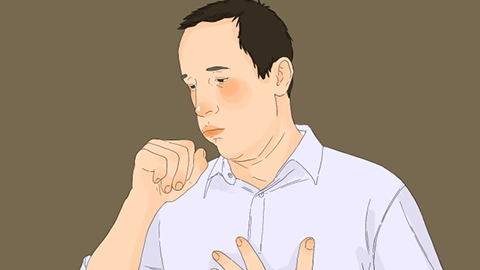Is a dry cough with no phlegm due to lung heat or lung cold?
Generally, a dry cough without phlegm may be caused by either lung heat or lung cold, and the underlying cause can be determined based on accompanying symptoms. If symptoms such as dry and sore throat or dry mouth are present—indicative of heat conditions—it is likely due to lung heat; if symptoms like chills and clear nasal discharge (cold signs) occur, it is more likely due to lung cold. The detailed analysis is as follows:

If the dry cough without phlegm is caused by lung heat, it is often accompanied by symptoms such as dry and painful throat, dry mouth, hoarseness, and sometimes constipation or dark-colored urine. In such cases, drinking more warm water and consuming moistening foods like pears and silver ear fungus can help. It is advisable to avoid spicy and greasy foods to reduce irritation to the throat and lungs and alleviate discomfort.
If the dry cough without phlegm results from lung cold, common symptoms include feeling cold, clear runny nose, and worsening cough when exposed to cold. Some individuals may also experience throat itching without significant pain. Daily care should focus on staying warm and avoiding cold exposure. Drinking warm beverages such as ginger and red date tea may help, while raw and cold foods should be avoided to minimize cold-induced irritation to the lungs and relieve coughing.
In daily care, maintaining proper indoor humidity is important. Using a humidifier can help prevent dry air from aggravating a dry cough. Additionally, maintaining regular sleep patterns, avoiding late nights, and engaging in moderate exercise can strengthen the body's constitution, reduce the lungs' susceptibility to external irritants, and improve dry cough without phlegm.




